Inclusive innovation & low cost solutions will be key to success, says Harish Manwani
Updated: Jul 01, 2014 02:18:54pm
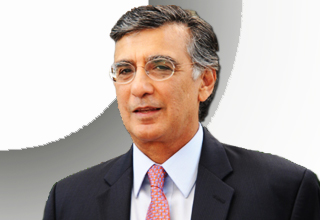
These thoughts were shared by Hindustan Unilever Limited (HUL) Chairman, Harish Manwani with his shareholders.
Excerpts from the Hindustan Unilever Chairman’s speech relevant to the MSME sector and social inclusion are given below:
“In India, to be truly future ready, one has to leverage technology to cater not only to the rising middle class but also to consumers at the bottom-of-the-pyramid. As the late Prof C K Prahalad and Dr R A Mashelkar put it, the way forward for companies is inclusive innovation. An enlightening example would be that of Aravind Eye Care, an organisation that has dramatically altered eye care in India by bringing the price of intraocular lenses down to a tenth of international prices and making cataract surgeries affordable for low-income consumers. Today, the company markets its products in more than 130 countries.
“Similarly, Arunachalam Muruganantham, a social entrepreneur from a village near Coimbatore, has invented a low cost sanitary pad making machine which can manufacture sanitary pads for less than a third of the cost of conventional commercial pads. Low-cost business models are thus changing the way we serve millions of consumers,” he said.
Manwani also said that India is at the forefront of change. With the growing penetration, accessibility and affordability of smart phones, over 25 per cent of the total internet transactions in India, according to him, are done via mobile devices.
“Companies that have tapped into this evolving class of Internet savvy consumers experienced unprecedented growth. Case in point: five years ago, Bengaluru based e-commerce website, Flipkart, began as a start-up with an investment of just INR four lakh and today, reportedly generates USD one billion in annual sales. The success of such e-commerce portals is spawning an online retail revolution in India.
“Technology and easier access to information and knowledge have opened up employment opportunities resulting in a new wave of people entering the consumption cycle. We are witnessing a significant increase in the earning power of consumers at the bottom-of-the-pyramid as they join the increasing middle class population in India. The traditional socio-economic pyramid is rapidly transforming itself into a diamond with a burgeoning middle class and a decreasing number of low-income consumers. This is increasingly true of India and many other developing economies and offers huge opportunities for business.
“A company that is future ready will not only be able to seize the opportunities these changes present, but also protect itself from the challenges of the VUCA world,” he said.
In a world with easy access to information and rapid changes, companies need to move fast to keep up. Speed is the new currency for future ready organisations, he said.
“At Unilever, we have ingrained agility and speed in our work culture through initiatives such as ‘Project Sunset’. This initiative was pioneered by HUL to facilitate quick decision-making in the organisation. It has been rolled out globally to build a more dynamic and agile culture.
“In 2013, we launched a new campaign, ‘Winning Together’, to reduce complexity across the organisation and empower people to maximise their potential through simplified ways of working, cutting inefficiency and promoting a bias for action. For example, we are driving more effective collaboration in cross-functional teams by using project classification tools and driving behavioural changes amongst employees. This is helping us to increase the pace of innovation by delivering cross-functional projects on time.
“Equally, diversity and inclusion is an important aspect of our sustainable business growth agenda and a key to building a future ready organisation. In HUL, we refer to this as ‘Winning Balance’.”
Over the last three years, HUL has seen a considerable shift in this area through greater leadership involvement and engagement.
“For instance, we have been able to recruit women on career breaks through our ‘Career by Choice’ Programme that balances personal and professional needs of talent on their return to the workforce. In 2013, we established a Winning Balance Council comprising male and female leaders across functions who champion the diversity agenda in the business. Last year, Unilever’s progress on diversity was recognised with the prestigious global Catalyst Award. We are on the path towards creating the ‘ideal’ work culture of a simpler, agile and inclusive organisation,” he said.
In conclusion, Manwani said that we live in an extremely volatile world that is changing faster than ever. Products and services are becoming more accessible with increasing connectivity and improved infrastructure.
“To succeed in this world we have to develop a high capacity for responsiveness. Organisations will have to adapt to rapidly changing situations and priorities, tolerate ambiguity, and develop new ways of working in order to succeed.
While technology and innovation will be the hardware that drives future ready organisations, it is a values-led and purpose-driven leadership that is the software that must drive sustainable and responsible growth. It is this combination of hardware and software that will shape the corporate winners of tomorrow. (KNN/ES)

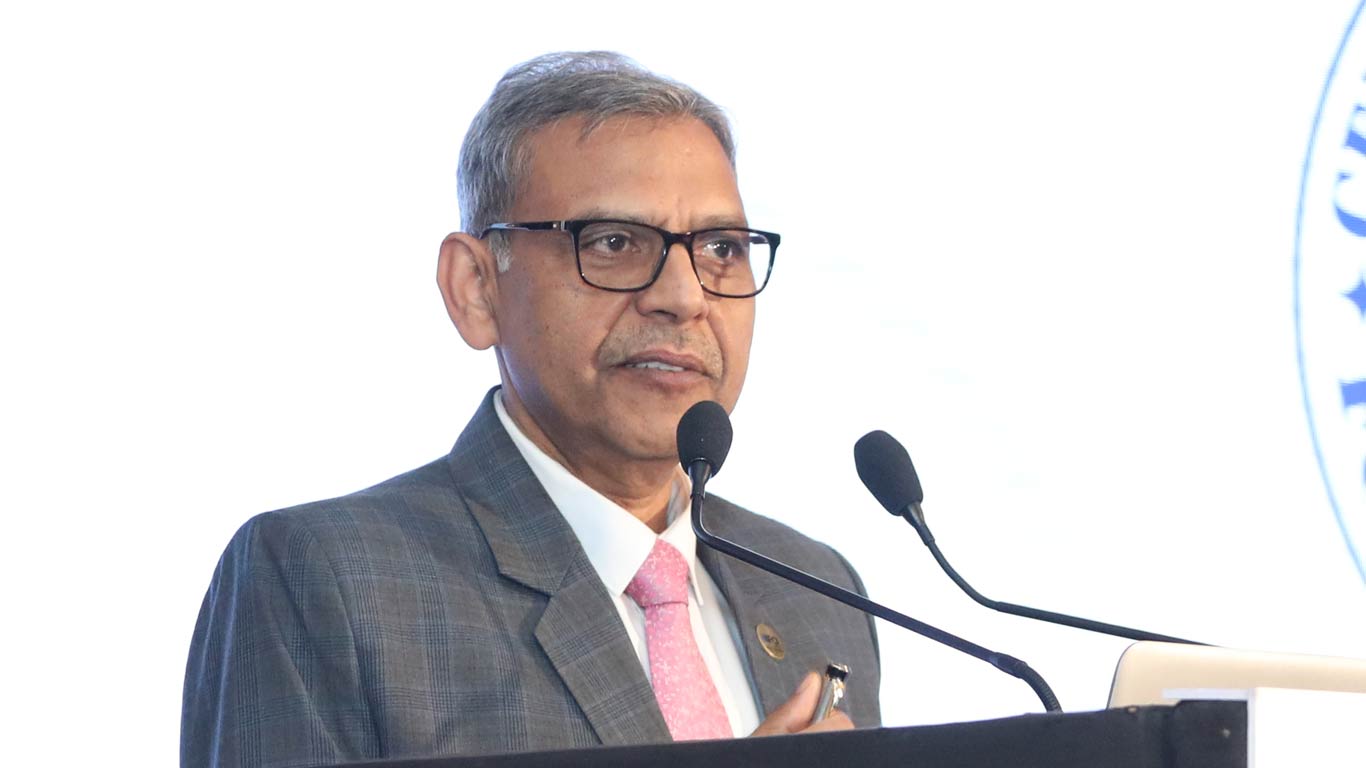
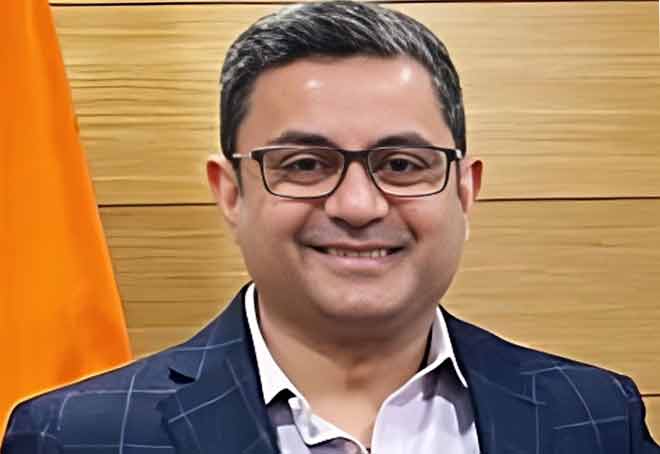
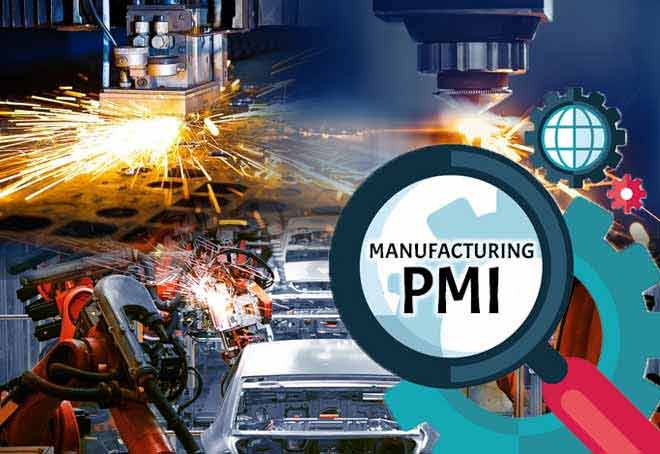
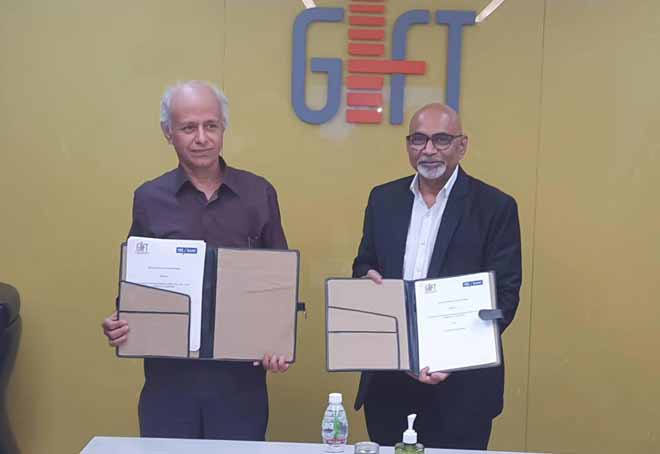
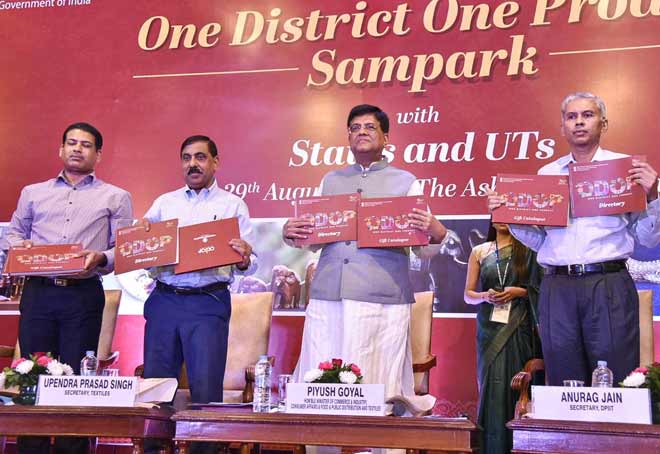





